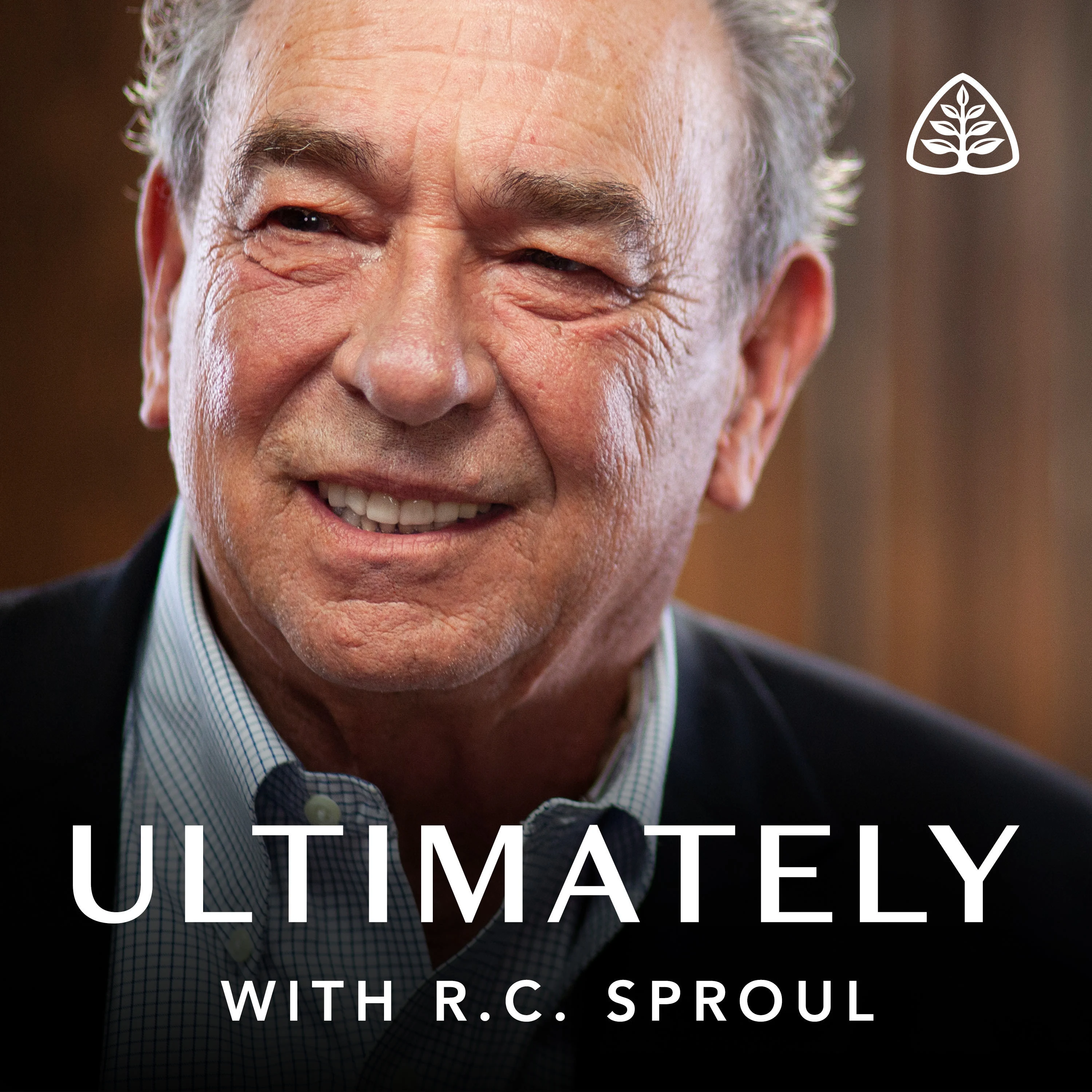Christians Are Not Pragmatists

Christians mustn’t settle for short-term solutions when our whole lives bear eternal significance. Today, R.C. Sproul illustrates the danger of pragmatism by contrasting the lives of Abraham and Lot.
The shortest critique on record of pragmatism was uttered by Jesus of Nazareth when He made the statement, “What shall it profit a man if he gains the whole world and loses his own soul?” At that point we see Christ walking on a collision course with contemporary value systems. Pragmatism has the tendency to move in the direction of dealing with issues in terms of immediacies—short-term goals. Here’s where we see the conflict: the Christian philosophy, the Christian life and worldview, is saying that quite often the short-term solution is ultimately destructive.
One of my favorite illustrations, is the Old Testament situation that emerged between Abraham and his nephew Lot. Remember when Abraham came out of Ur of the Chaldees and answered the call of God to go to a strange and foreign land? He comes out with his family, brings Lot, and Lot and he are very much busily engaged in the business of cattle ranching. And they come and they settle down together, and they both are very wealthy men. Their cows are prospering. But pretty soon, the cowboys that are working for Abraham start fighting with the cowboys that work with Lot. And they’re fighting over water rights, and over fences, and over pasture lands, and they’re getting their brands mixed up. And Abraham’s holding his foreman in charge of so many cows, and Lot’s holding his foreman in charge, and the guys are stealing them back and forth, and you have all these problems emerging.
So finally, these men decide to sit down and talk it out. And Abraham comes to his nephew, and he said, “Look, we have a serious problem here that’s threatening the harmony of our relationship and our business. Now there ought to be some amicable agreement that we can reach, some practical solution to solve this problem.” He says, “I’ll tell you what,” he says, “This land is big enough for both of us. All we have to do is to divide the land.” And Abraham says to Lot, he says, “I’ll tell you what I’ll do.” He said, “We’ll divide the land, and I’ll let you have first choice.”
So Lot looks around. He looks over the Transjordan area, and what does he see? An arid barren wasteland, fit for only T.S. Eliot’s thousand lost golf balls, certainly not fit for cattle. He knows that if he grazes his cattle on that particular area, that most of them will probably die of starvation and the rest who survive will be so thin that they’ll be worth next to nothing if he takes them into market. Secondly, it’s a long trek from Transjordan into the city to the place of marketplace. And not only will the cattle lose whatever value they’ve gained in their meager pasturing out here, but at the same time, it’s very expensive and dangerous to drive them into market. They can be rustled on the way. It’s expensive venture. They get there to the slaughterhouses, then they’re going to have to have them killed and shipped. And the whole logistics of ranching is very poor if they settle across the Jordan.
At the same time, Lot then turned his gaze to the Jordan Valley. He sees the Jordan River flowing right down through this valley. And even though the outskirts and the surrounding areas are nothing but parched and arid desert land, right there in that valley is some of the most lush, fertile, beautiful grazing land that you ever laid eyes on. And not only that, but right in the middle of that valley, where there was this abundance of water and pastureland, was a fully modernized city with the butcher shops and the slaughtering yards right there, right on the outskirts of town. He looks at that and he says, “I might go there.” He says, “My cattle will get fat. They won’t lose what they’ve gained from their feed by being driven to market. It’s economically simple and advantageous. Of course, this is the solution to my problem.” And he says, “Abraham, thank you very much for letting me have first pick. I’ll take the city.” And the problem of raising cattle was solved.
A couple of things Lot didn’t consider. He didn’t ask questions like, “Where will my family live? Where will they go to church? Where will my children be educated? What kind of value system will be inculcated into the minds of my daughters?” Those questions weren’t even considered. But the immediate problem of fattening his cattle was solved. Do you remember the name of the city? Sodom. And Lot had one of the finest herds of cattle in the ancient world. And he had a wife who turned to a pillar of salt and two daughters who were totally degenerate because of the corruption of the pagans where they lived.
Abraham didn’t do too badly. He’s not famous, however, for his cattle. But his children became the heirs of redemption for the world.
Recent Episodes
We Must Obey God Rather than Men
February 18, 2026|Ethics
Trust God’s Promises, Not Your Passions
February 16, 2026|Life Issues
Why Humanism Fails
February 13, 2026|Opposing Worldviews
God Needs Nothing
February 11, 2026|The Nature of God
Since God Is Sovereign, Why Evangelize?
February 9, 2026|Evangelism and Missions
Perseverance of the Saints
February 6, 2026|Perseverance of the Saints
